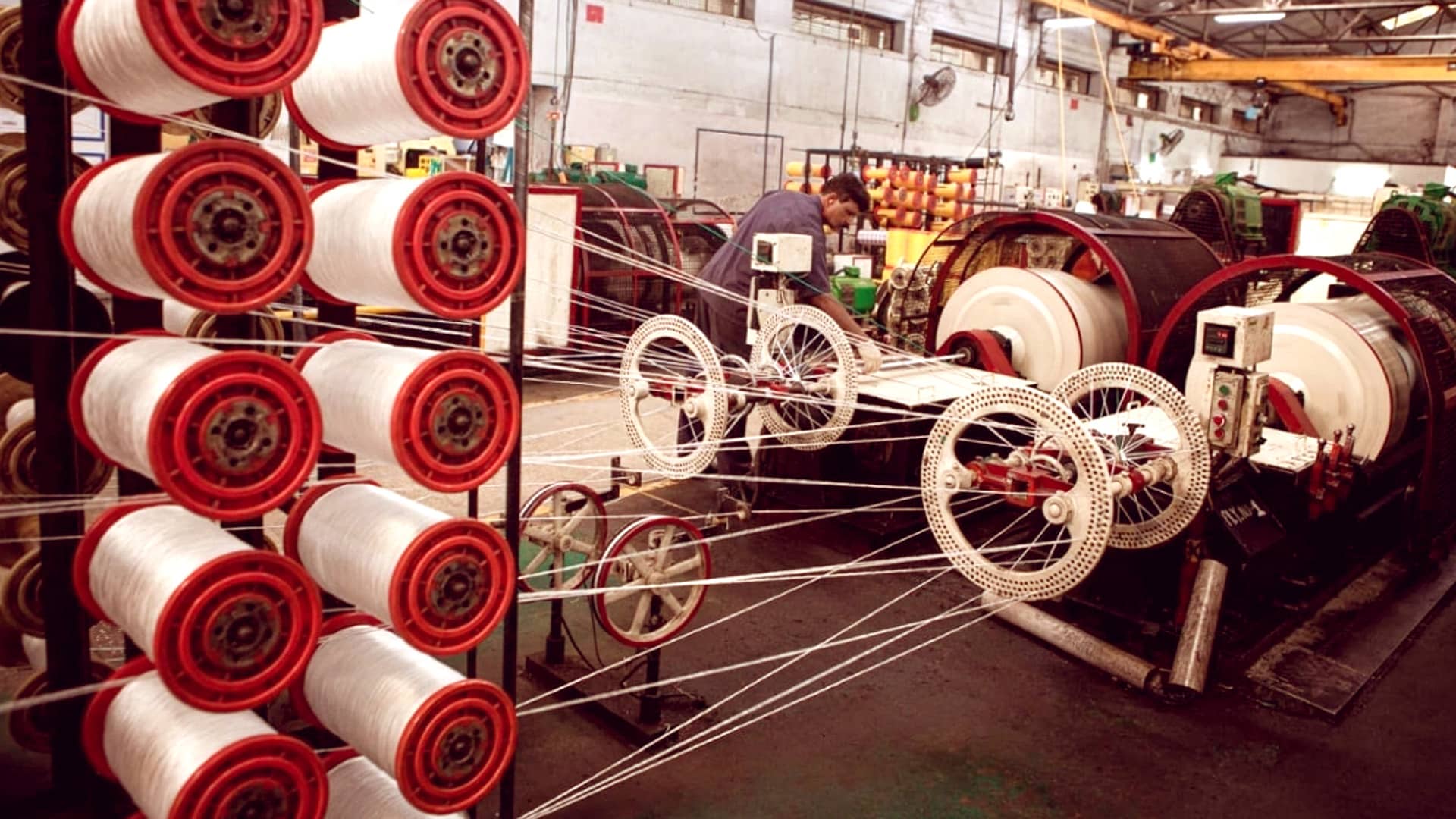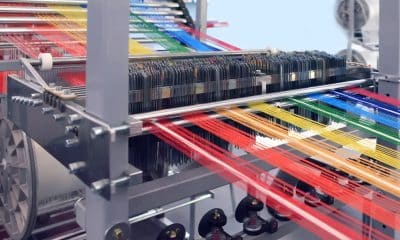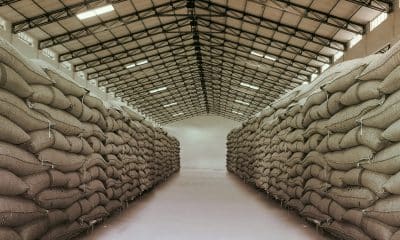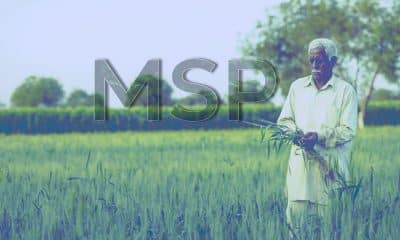Atmanirbhar Bharat (Self Reliance)
Govt working on structure to roll out PLI Scheme for technical textiles, MMF: Irani
The Textiles Ministry is bringing to fore a structure under which the Production Linked Incentive Scheme for technical textiles and manmade fibre segment will be rolled out, Union Minister Smriti Irani said on Friday. She said the new Textile Policy is on the anvil, observing that the previous national Textile Policy was unveiled two decades ago. “We are currently on the anvil of also bringing to the fore the new Indian textile policy, the last time India had a textile policy was two decades ago,” Irani, Minister for Textiles and Women & Child Development, said while virtually addressing Assocham Foundation Week 2020. Highlighting the impact of agricultural reforms on Indian industry, Irani said, “the Government of India in a determined effort has ensured that the MSP operations undergo with the help of technology and those who participate in the MSP operation receive direct benefit transfer of their funds in to their bank accounts.
“In 2013-14, in the cotton segment, the MSP operations were only worth Rs 90 crore while last year, the MSP operations in the cotton segment alone reached a value in total of Rs 28,500 crore. This season, in the cotton segment MSP operations worth Rs 14,659 crore have already been undertaken and 9.63 lakh farmers producing cotton in the country have directly received into their bank accounts an amount of Rs 11,799 crore, this is done in only two months, said the minister. She said this means when we look at the policy reforms, the idea called Aatmanirbhar Bharat cannot come to a fruition when we work in silos. “So while on one hand the Government of India undertakes agricultural reforms, on the other hand we leverage technology to provide farm support and undertake MSP operations,” said the minister. Besides, Irani said, if you look at extra-long staple cotton, we currently produce only four lakh bales. Looking at the agricultural reforms, if the industry conjoins its efforts with farming community and “we raise the potential growth of production of ELS cotton from four lakh bales to 50 lakh bales, then the impact on the Indian cotton textiles industry will be such that we will increase our businesses from the current USD 18 billion to USD 80 billion, that is the potential that needs to be leveraged and explored”, the minister stated.
Also read: Politics over farmers not in country’s interest; forces out to derive advantage out of agitation: Gadkari
Talking about agricultural reforms she underlined that when reform takes place in one segment, its impact is determined across the value chain of Indian economy. “When agricultural reforms came into being, it was not a happenstance. It was a contribution of dialogues and deliberations that have been undertaken for 19 years across industries, agriculture sector, farmer organisations and specialists who want to leverage technology in the field of agriculture so that potential benefit is accrued not only by farmers but also industry and citizens at large,” Irani said. The minister also noted that India has become the second largest manufacturer and exporter of personal protective equipment (PPE). “When COVID-19 pandemic hit Indian shores, not many across the globe were confident of India’s response, today as Minister of Textiles I can say that one of the greatest examples of Indian resilience was given by the Indian textiles industry in the manufacturing of PPE suits, provision for which was among the consistent demands of frontline workers and the medical community was across the world. She said that while the textiles industry was not prepared for, but it rose to this challenge. It was an effort which involved almost all ministries and industry segments in support of Indian textiles industry. Assocham President Niranjan Hiranandani assured the industry’s support to the government to reach the goals of Atmanirbhar Bharat and a USD 5 trillion economy. The Centre has launched a Production Linked Incentive Scheme (PLI) worth Rs 1.46 lakh crore for 10 sectors to boost domestic manufacturing, create jobs and reduce dependence on imports. Under the scheme, Rs 10,683 crore have been allocated for textile products – man-made Fibre (MMF) segment and technical textiles segments.











































Pingback: Tata Steel believes diverse and inclusive environment enables employees, features in IWEI’s Silver category | The Plunge Daily